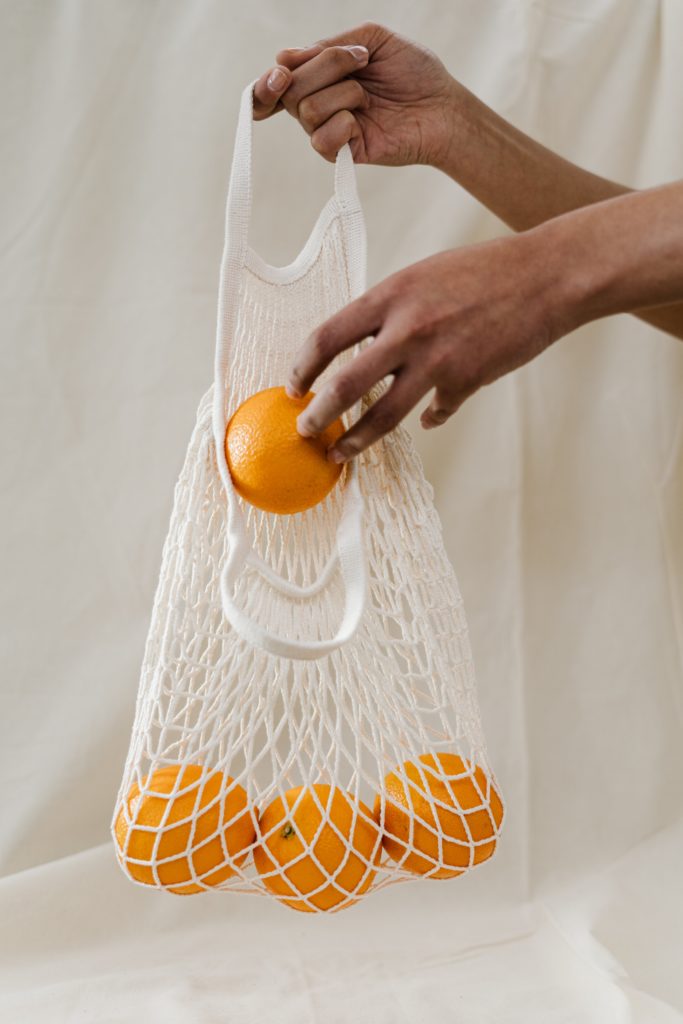Living more sustainably is something many people are trying to do with their lives as consumption of pretty much everything increases around the world. Being more sustainable means making better choices regarding your actions, the products you use, and how you view your life to reduce your waste.
In a consumer-driven world where people always want the newest and latest things, older items get discarded without a second thought. This waste ends up primarily in landfills and is sitting rotting for many years to come; in the case of plastic, this can be up to 200 years!
If you want to be more sustainable in how you live your life, this doesn’t mean you need to strip it back to basics and forgo all aspects of modern living. It simply means being careful about what you choose to purchase and what you do with the things you already own. Read on to find out how you can be more sustainable.
Ditch Fast Fashion
Fast fashion is bad for the environment on so many different levels. From the energy consumed to the low quality of clothing it produces, meaning it is discarded faster, to the sheer volume of waste generated, and on a human level, fast fashion is often linked to slave labor, dire working conditions, and exploitation.
While this don’t mean you should never buy clothing again, being conscious about what you purchase and where you buy it from can help you to make better, more informed choices and invest in clothing and shoes that will last you longer and are created using more ethical practices.
Travel Greener
Travel without impacting the environment isn’t always possible, but you can reduce how you impact the world around you. Opting to walk shorter distances or cycle can be great options over using fuel-powered vehicles. Taking public transport or using carpooling options instead of driving alone in your car can again cut down your emissions, or choosing to switch to an electric vehicle can all be worthy considerations. An electric vehicle reduces your emission to zero, and getting an electric car charger installation means you can charge your vehicle at home safely without the hassle that comes with needing to find a charge point or making do using the setup you already have.
Recycle Electronics
These days, electronics are only designed to be used for a short period to allow you the chance to upgrade when newer, more capable models come out. This is especially true with cell phones when a new model is on the market every couple of years. But what do you do with your old electronics? If they’re sitting in a drawer or discarded, this will contribute to the problem in landfills. Electronic waste accounts for 2% of the total waste in landfills, and around 300 to 400 million electronic items are dumped each year, with only 25% of the total electronics sold or used in the country being recycled. If you want to do your part when you upgrade your devices, and make sure your old electronics are being recycled to reduce your e-waste contribution.
Recycle and Reuse
Making sure you extend the lifespan of everything you own can help you to make sure it’s being used for as long as possible. Not everything needs to be discarded after one use for many items. You can repurpose something for another use than it was initially intended to let you use it for longer. If you are actively reducing your single-use consumption, go one step further and try to look at how you can continue to make an item useful or donate it to a place that can. For example, if you collect old yogurt pots, toilet roll inserts, and cereal boxes instead of throwing them away, you can donate clean goods to local schools, churches, playgroups, etc., for children to use in arts and crafts. Jam jars can become containers for other foods and storage options, and that old bookcase you want to get rid of can be broken down to make another unit in your home or “hacked” to completely change it up while still using it. The more you are able to use something or the longer you can use it, the more sustainable it is.
Sustainability isn’t always about making the massive changes in your life. It is looking at your actions and seeing how you can alter your behavior. In the case of more sustainable clothing, you don’t need to cultivate a completely organic cotton and bamboo wardrobe; stop buying from less ethical companies and invest in fewer higher quality products that will be better and last longer. The small, consistent changes will make a difference in the long term and help you become more sustainable.
